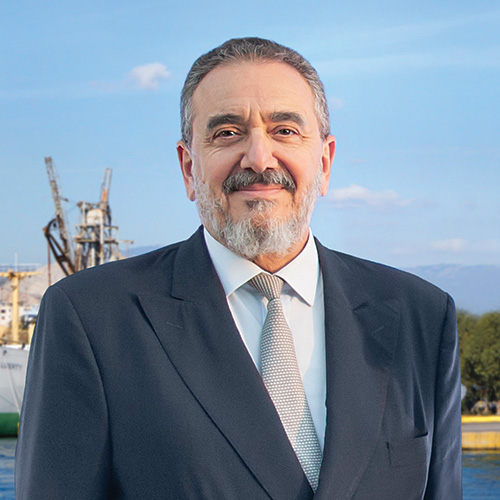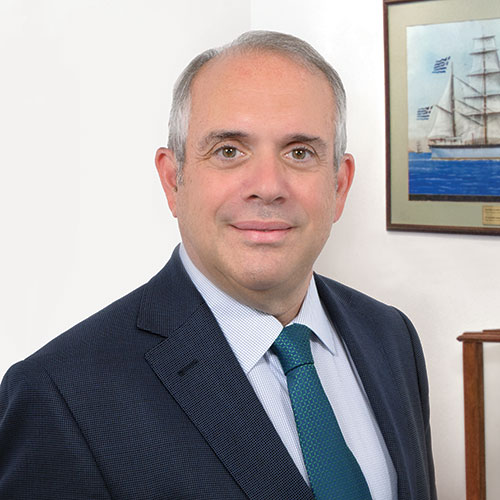The course comprises modules each dealing with a strategic aspect of the shipping industry, from vessel types and trade routes to ship finance and fleet operations. In turn, modules comprise a number of lectures by experts in that field, delivering a practical and insightful understanding of the subject.
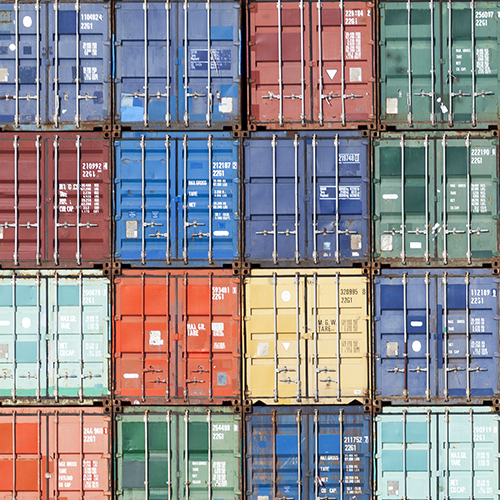
Everyone has a vague idea of shipping but what exactly are its general characteristics that define world trade? This module is designed to provide an overview of world trade in correlation to maritime transport. Merchant shipping is of vital importance in sustaining economic growth and spreading prosperity throughout the world, thereby fulfilling a critical social and economic function.
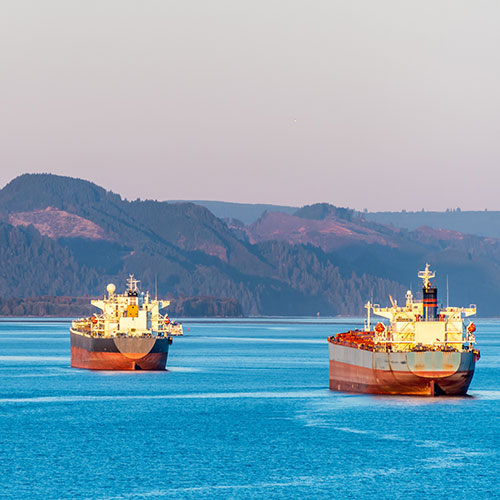
Do you know how many ship types exist? This module focuses on the ship as the production unit of a shipping company. Posidonia Masterclass experts share their views about concepts associated with the technology of the vessel, the available vessel types, ship building and ship recycling processes, as well as the highly important role of classification societies.

Shipping companies manage whole fleets of vessels from their office headquarters. How does everything run smoothly and how does the everyday operation of a vessel take place? Module 3 explores the different organizational approaches between the bulk and liner shipping companies, each of which has its own distinct organizational structure, commercial aims and strategic objectives. Participants will also learn about the role of charterers who, as a diverse group – ranging from the world’s largest oil companies, to mining corporations, international commodities traders and grain houses – shape the freight market as controllers of cargo and the shipping industry’s customers.
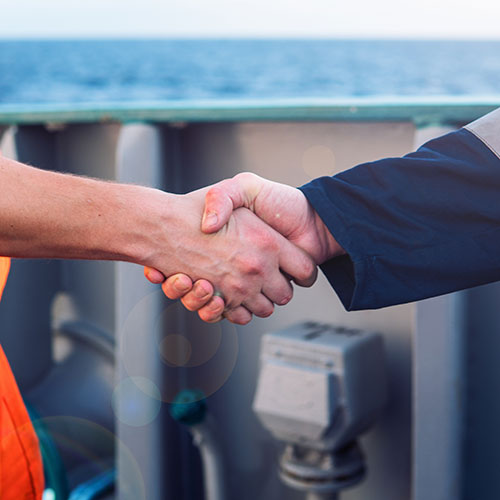
“People are the backbone of this industry”: Human presence is by all means necessary for every operation in the maritime sector. Furthermore, it constitutes a complex multi‐dimensional issue that affects maritime safety, security and marine environmental protection. This module is designed to introduce participants to the management of the human element in shipping as well as issues concerning education and training of marine personnel.

What are the rules of the game? This module provides an overview of the international institutions that regulate shipping as well as the main regulations and legislation (Conventions) that govern all seafaring activities. Participants are introduced to the international regulatory framework of the shipping industry and the importance of standardization in this globalized sector. Essentially the Posidonia Masterclass course attempts to answer the question of who regulates shipping and how.

Social concerns regarding climate change and environmental protection have led the industry to adopt cutting edge technologies, strategies and practices. This module elaborates on the scope, the challenges and opportunities, as well as the expected impact of new environmental legislation. Additionally, it presents the technological breakthroughs that have sparked the shipping industry’s interest and may prove valuable in the years to come.
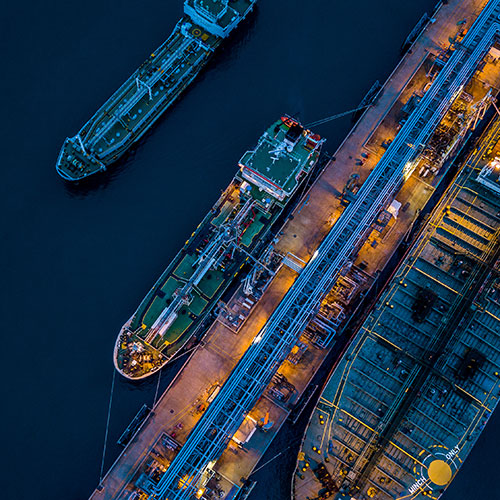
What are the main trends, concerns and opportunities for the shipping and maritime industries according to the experts? Find out the opinion of the industry’s experts on the shipping company of the future, new technologies and capabilities that will be introduced to the shipping industry but also the latest developments regarding the seafarer profession, talent acquisition and managing the human element.

How does a shipping company raise capital? What are the pros and cons when you have access to the capital markets? Why is shipping finance dependent on the capital intensity and the cyclical nature of the industry? You can find out the answers to these questions by listening to industry experts who focus on the highly interesting and complex nature of shipping finance.
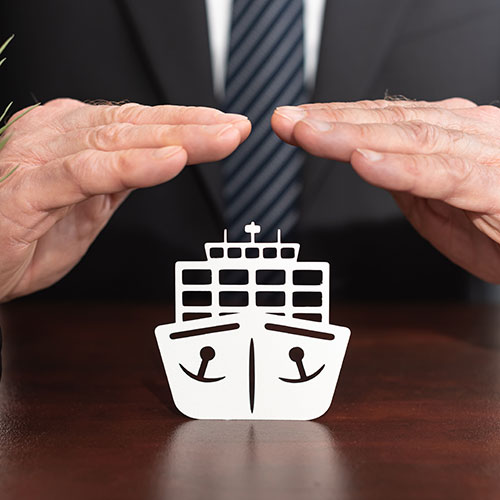
Even the most seasoned professionals of the shipping industry are often perplexed by the many aspects of marine insurance. In this enlightening module of the Posidonia Masterclass in Shipping course the main principles of marine Insurance are introduced, answering many questions relating to the legal and financial elements behind insuring a merchant vessel.
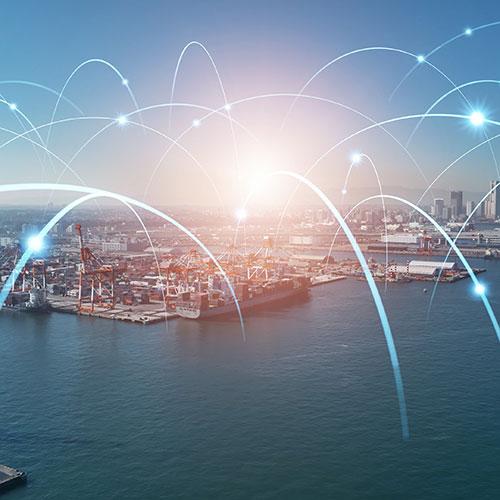
Ports are of vital importance for the global transportation sector. They act as vital commercial hubs facilitating the movement of goods around the world. This module delivers a comprehensive understanding of ports’ organization, operations and management. At the same time, special focus is placed on the port of the future, the technological advancements that need to be utilized and the best business practices that lead to sustainable growth. The importance of ports for communities surrounding them is also highlighted, providing insight into the constant interaction between port and city.
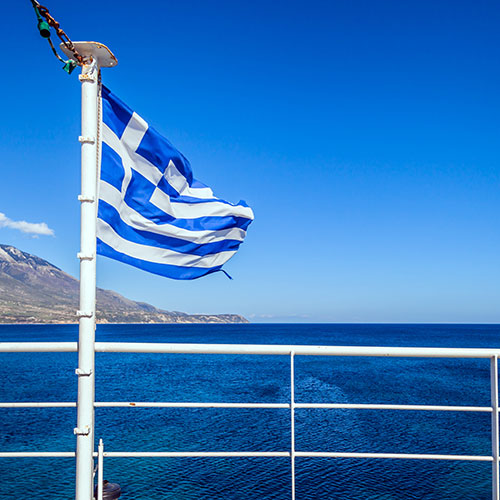
This module consists of an overview of the extraordinary growth of the Greek ship-operating industry in the post-war era, which is a unique story of tradition, innovation and modernization. Why and how did the Greek shipowners succeed in occupying the leading position in world shipping hierarchy? The answer should be sought in the basic business principles and values that have governed the Greek shipping industry ever since the 19th century: tradition, innovation and entrepreneurial freedom.

The global shipping industry is a vital facilitator of world trade, driving the global economy and fostering economic growth on an unprecedented level. However, shipping is mostly an unseen industry, with most of its activities staying out of the public eye. Thus, its public image remains difficult to assess accurately.
Module 12 addresses the status of the shipping industry’s public image on a global scale while highlighting how this image has changed over the decades and identifying upcoming trends within the sector. At the same time, topics such as the importance of maritime Press and ways of engaging and attracting talent from the younger generation, are also discussed by this module’s experts.

















